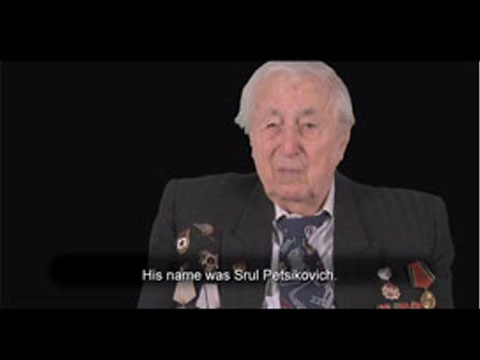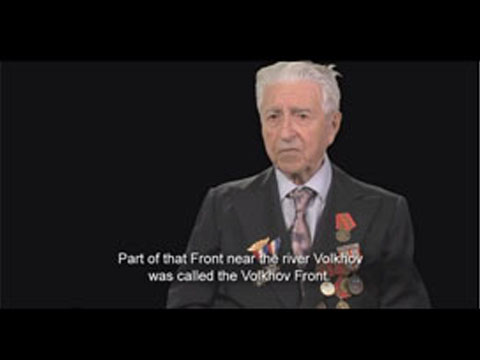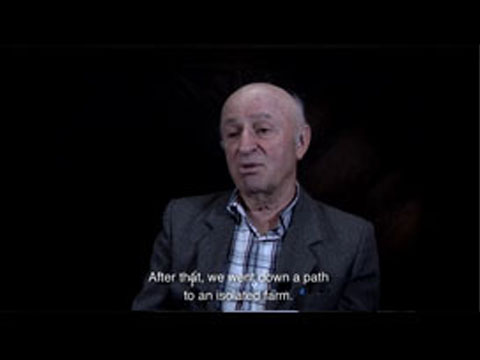
Leonid Feldman
Born: 1919 In Bershad Ukraine. Passed Away: October 20, 2012 Toronto, Ontario.
Interviewed In: Toronto, Ontario
Medals Awarded: Order of the Red Star, Order of the Patriotic War (1st and 2nd Class), Medal for Battle Merit, Medal for Courage and Victory over Germany In The Great Patriotic War


